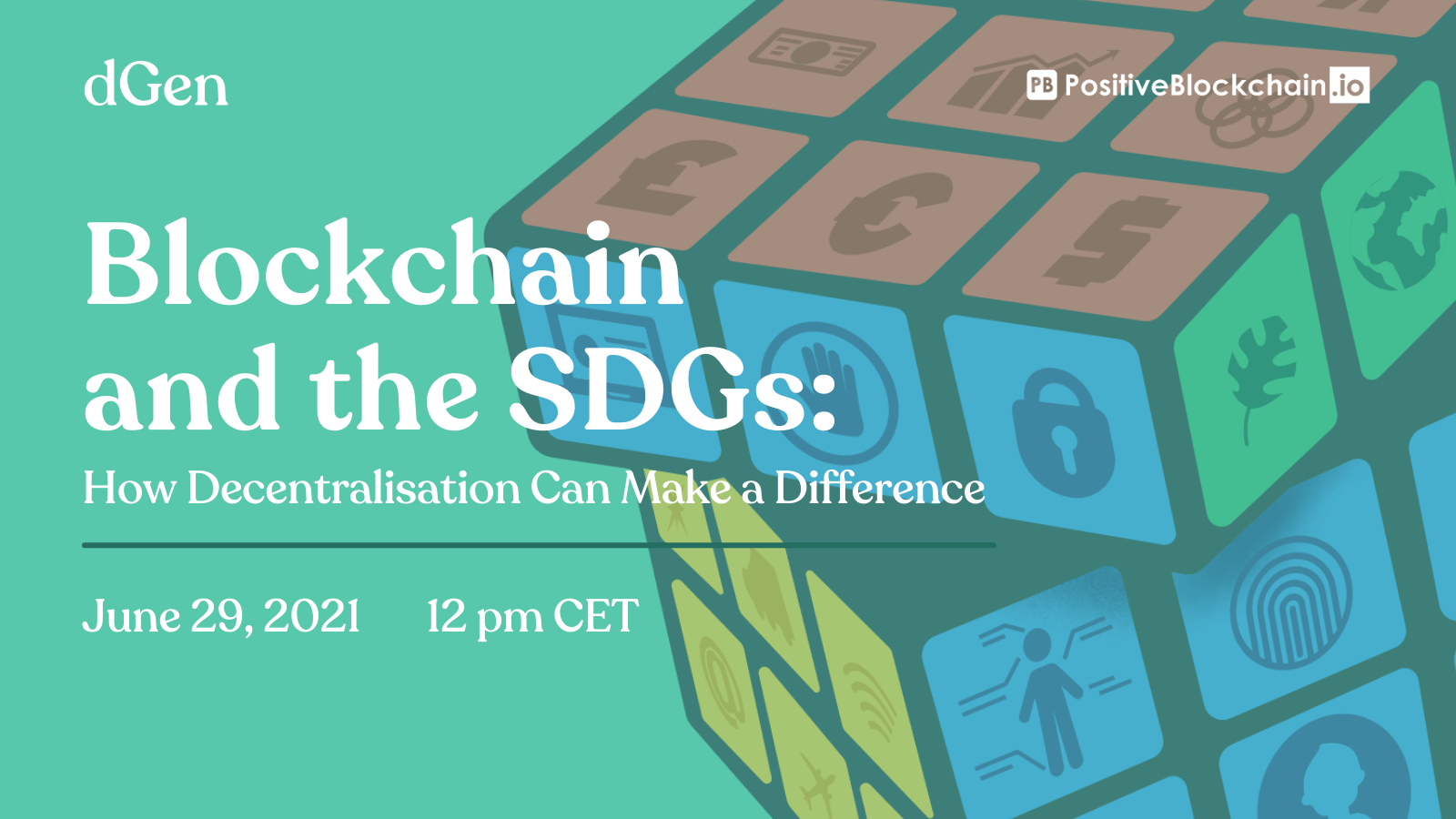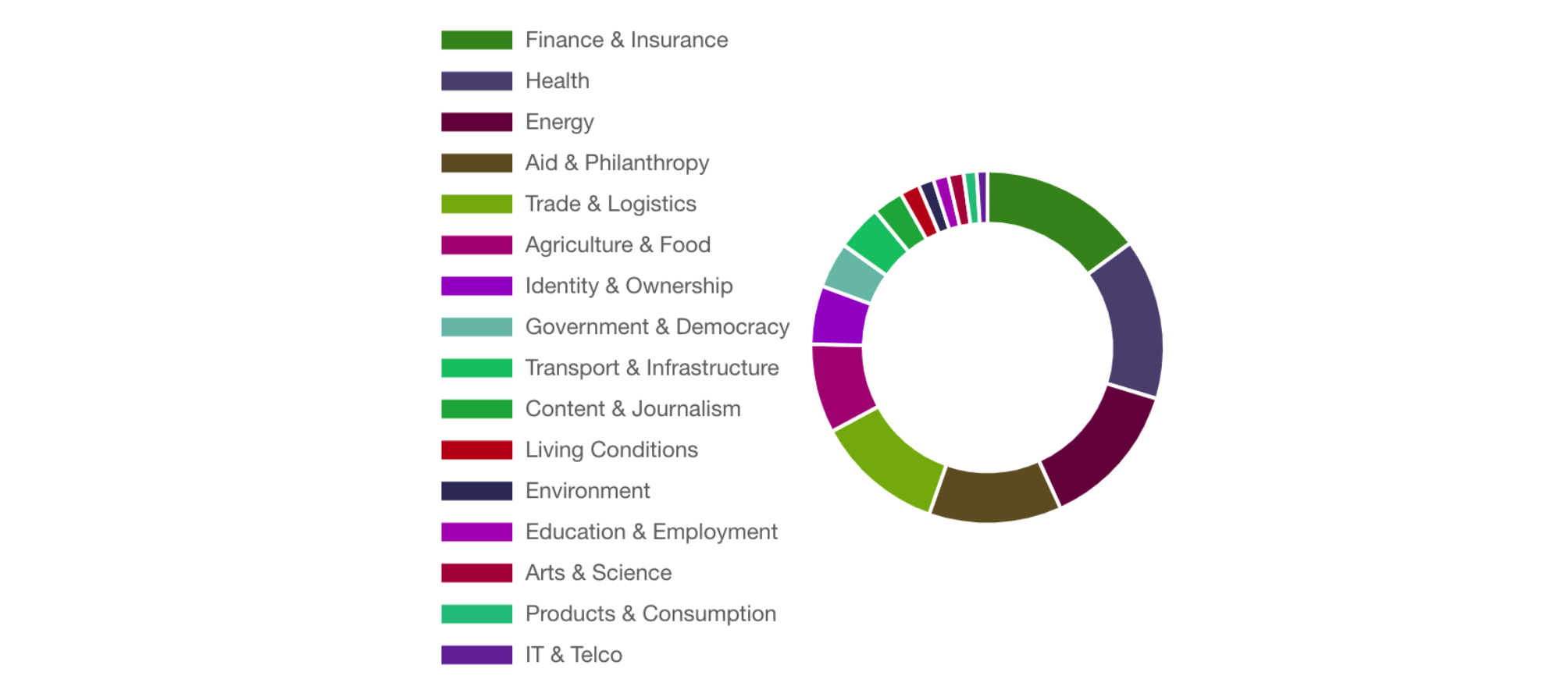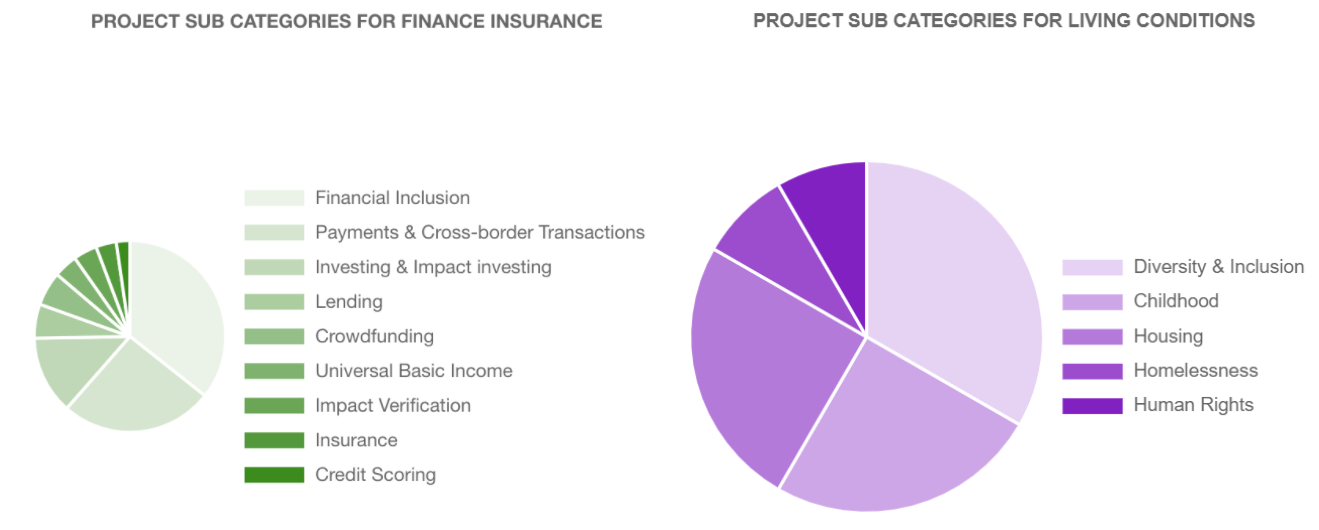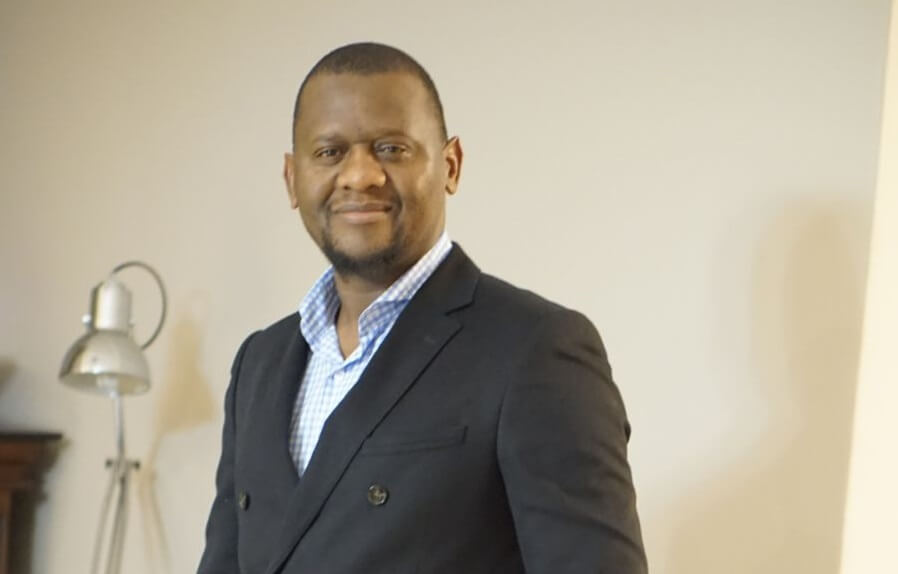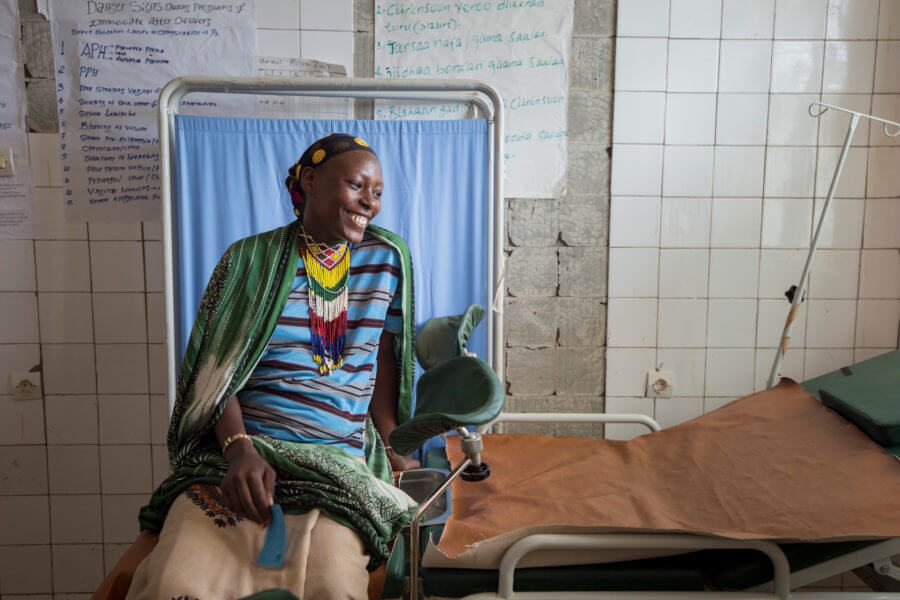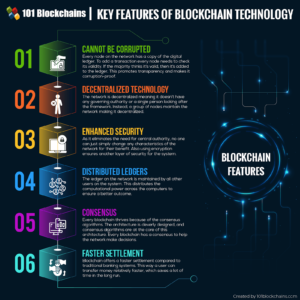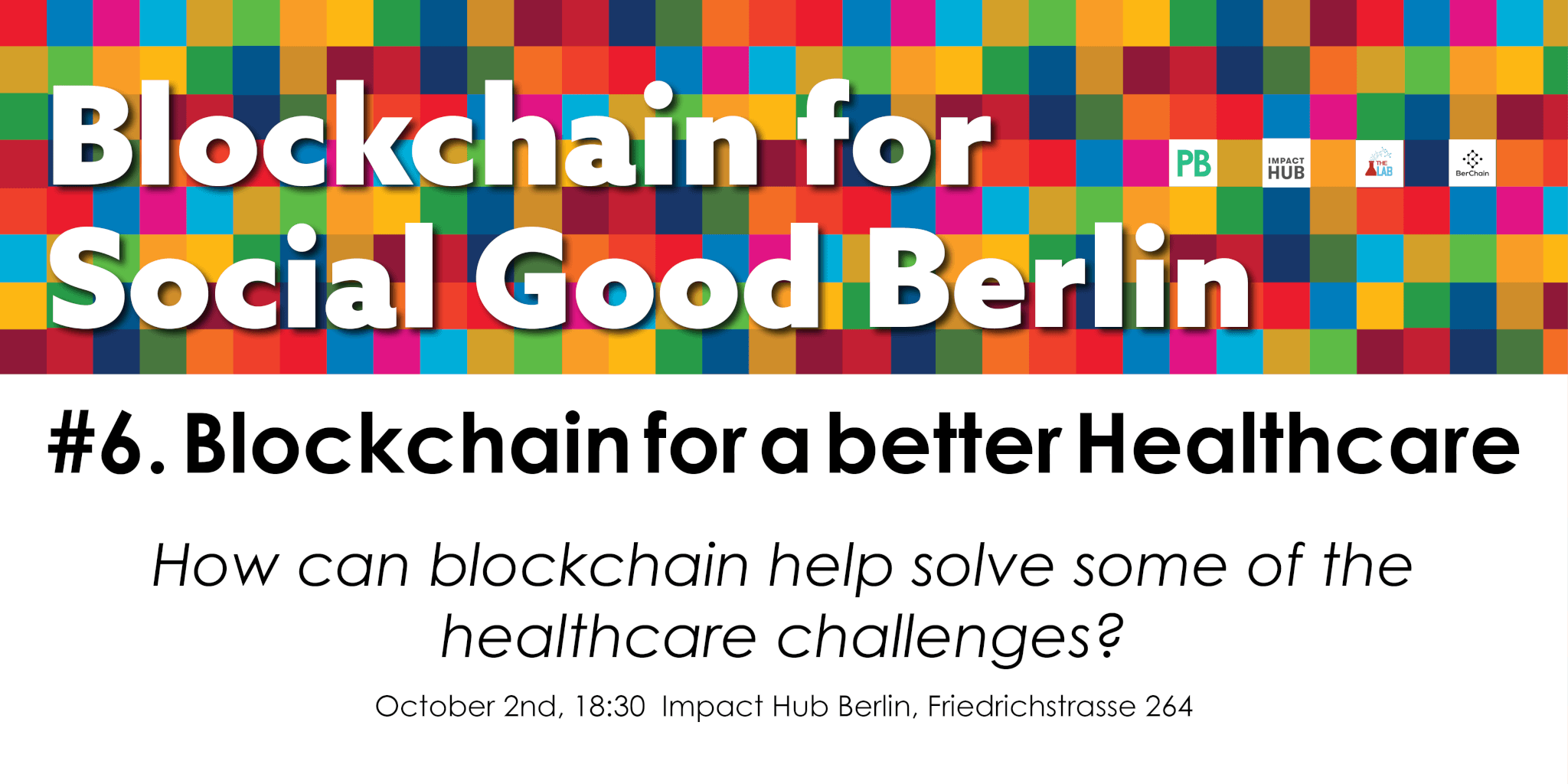A year after featuring the pilot results in our Community Currency report, we now talk to Sandra Uwantege-Hart, who leads the UnBlocked Cash project, which is now a live blockchain use case reaching 35,000 people in 2020 and scaling across the Pacific region and beyond. The project developed by Oxfam together with Australian Fintech Sempo has won the EU Horizon 2020 Blockchain for Social Good Award earlier this year and is attracting a lot of interest and attention in the space.

Sandra Uwantege-Hart
Sandra Uwantege Hart is the Pacific Cash & Livelihoods Lead for Oxfam, based in Vanuatu. She founded and leads the Unblocked Cash project at Oxfam in addition to managing a regional portfolio of humanitarian cash transfer response and preparedness projects. She has 11+ years of experience in natural disaster response and coordination and has worked in emergency and recovery operations in the Pacific, Asia, the Caribbean, and West Africa. Sandra is a DevCon Scholar (2019) and Regional Ambassador at the Global Blockchain Council. She is a dual citizen of Rwanda and the USA.
PB: Can you first tell us a little bit about what problems your project is tackling?
SH: The biggest problem is that aid delivery and relief efforts are not very efficient; They are expensive (it costs up to $3 to deliver $1 of in-kind aid, like food), slow (can take weeks to reach the remote areas), and not very transparent (which leads to donors’ mistrust and disengagement). This project was born in the Pacific Islands, which creates extremely context logistical challenges, with over 20,000 islands across a massive region into which you can literally fit the landmass of all 7 continents. The financial infrastructure and access to finance – which would enable the delivery of cash at a lower cost – is underdeveloped and simply doesn’t work for everyone. Finally, people affected by crises are rarely given the power to decide about themselves and are not included in the process of designing the programs, tools, and solutions to the problems they know best. The Pacific is host to multiple natural hazards – climate change, cyclones, earthquakes, volcanoes, and tsunamis. So for us, it’s not a question of if a disaster will happen – it’s a question of when.
“The financial infrastructure and access to finance – which would enable the delivery of cash at lower cost – is underdeveloped and simply doesn’t work for everyone”

Oxfam staff Kalua shows the online dashboard to ADRA, World Vision and Red Cross partners at Sarakata registration site. (Photo: Oxfam in Vanuatu/Arlene Bax)
… and how does it work and what impact does it make?
The Unblocked Cash project has been successful in tackling these issues. It is a fast, less expensive, transparent, and community-centric system to deliver much-needed recovery payments to people affected by natural disasters. It offers an opportunity to improve the efficiency of how aid is delivered without compromising transparency and sustainability and by integrating digital financial inclusion and utilization of decentralized networks for a more collaborative economy at the community level. It consists of three elements: e-voucher “tap-and-pay” cards used by beneficiaries, an Android Sempo app through which vendors receive the payments, and the Sempo online platform where NGOs and partners can monitor transactions remotely and in real-time. All transactions are recorded on the Ethereum blockchain. What we have effectively built here is a digital ‘last mile’ solution that can reach across islands and oceans to reach those for whom traditional solutions are typically inaccessible.
With our solution, we are on track to reach 35,000 people in 2020 (Q4 only) and scaling across the Pacific region from Vanuatu to Papua New Guinea and Solomon Islands (in 2021). Although the solution was born in the Pacific, it’s not exclusive to it, and the project is already being piloted by Oxfam Colombia, with Oxfam Mexico and Oxfam Ireland being the next teams to use the solution.
“With our solution, we are on track to reach 35,000 people in 2020 (Q4 only) and scaling across the Pacific region from Vanuatu to Papua New Guinea and Solomon Islands (in 2021).”
How did you get to work on it? What brought you, a humanitarian, to the blockchain space?
When I starting dreaming up this solution, I was actually jobless – I had quit my previous job with the UN, disillusioned, feeling constrained, undervalued, and burned out. So, I had a lot of time to think – and the spark started with the documentary Banking on Bitcoin – which then led to what I call ‘blockchain fever’. It’s the rabbit hole of trying to understand the technology and getting that gleam in your eye, seeing it as potentially transformative. I did a deep dive of learning all I could – podcasts, white papers, blogs, etc. I actually remember the moment when I connected this with humanitarian cash assistance. I was sitting by the seaside in Fiji and realised that the most successful applications of blockchain technology – currency, financial transactions and the facility of exchange across networks of people all over the world – were actually, pretty close to what I try to do for a living. How to make it easier for me to transact with thousands of people at once, and help them transact with each other? I had all sorts of crazy diagrams and notes, and even my own little white paper.
I am really just invested in getting help to people as quickly and as easily as possible. I used to work – for many years – in the delivery of food assistance in response to major natural disasters and eventually started working on the delivery of cash and financial services. Why? Because it’s just more dignified, and it is logistically easier. It also just makes more sense – as humans, we created currency and the exchange of money to better transact with each other, and this is truly universal. It cuts across humanitarian, development, and economic assistance.
Where do you currently see the biggest gaps in humanitarian aid? Can you name & describe the top 3 issues?
Over the last years, I have had a lot of improvement in the practices of the sector. More and more assistance comes in the form of cash (and vouchers), which has been proven to be cheaper, more effective, and a dignified means of assisting people in need. However, even if the entire sector would transition to cash modality, there are still the same underlying issues and room for improvement.
- Costs – even if we go fully digital, the cost of remittances and fees of FSP are staggering at the scale that humanitarian organizations operate. On average, the cost of delivery almost always outweighs the cost of what we are delivering, especially when that is in the form of goods. This is in the context of an environment where investments in foreign aid and humanitarian assistance are declining, while the frequency and scale of humanitarian crises are multiplying – so we have to do more, with less.
- Long times to deliver assistance – in case of natural disasters the time is money; fast access to food, clean water, shelter and hygiene products can prevent the outbreak of diseases, which have often followed the initial catastrophe and made the scale of the crisis bigger. One thing is to set up the response program fast, but the next thing is to ensure that beneficiaries receive assistance fast. This can prove particularly difficult in remote areas.
- Transparency & traceability – the problem with transparency is not the lack of audits of NGOs, which have usually very rigorous standards. It is rather a problem of the system design, the supply chain of assistance, which ends abruptly without giving us data/insights into the generated impact. How many times have we asked or heard the question after seeing multi-million dollar aid pledges…Where did that money go? Although e-vouchers or mobile-money are a great improvement, as they offer new data and transparency, they have their limitations, too, and they remain designed by mobile service providers whose target clients are not our target beneficiaries. The data is not tamper-proof, cannot be accessed fully and in detail, and cannot be accessed in real-time. Therefore any irregularities cannot be solved on the spot. That’s where blockchain has its advantage over the existing digital solutions.
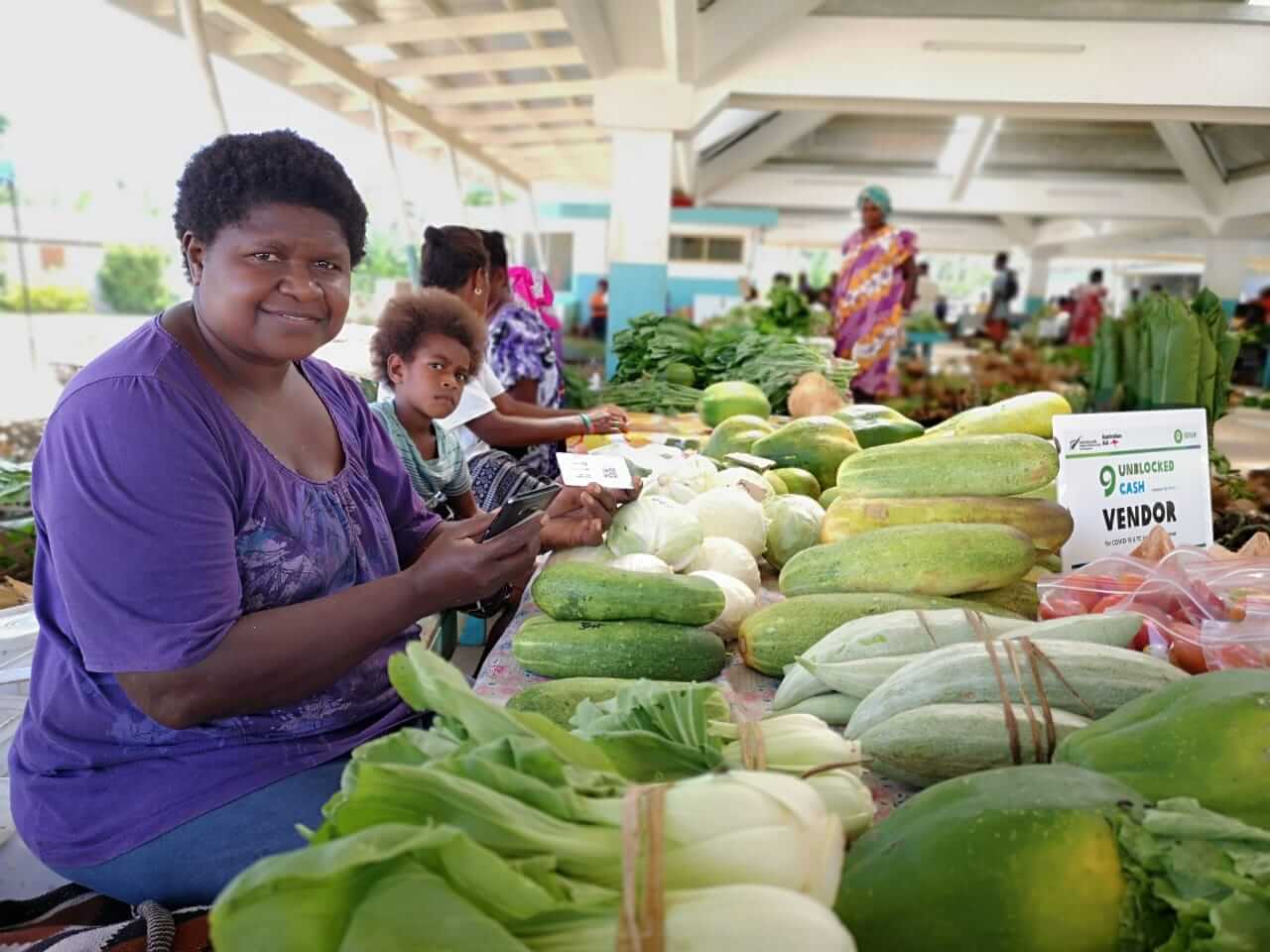
Market vendors. Santo, Vanuatu (Photo: Oxfam in Vanuatu, Arlene Bax)
Is this where do you see the biggest impact of blockchain technology in the aid sector?
Honestly, I’m not sure, as there are a lot of areas of improvement and dozens of potential applications I can think of. I do think however, that this is the first, and easiest entry point. It’s a low hanging fruit in a sector that is moving quickly to replace “in-kind” assistance with cash, and that is confronted with the difficulties of doing so. So, the introduction of this solution at a time when that global shift is happening, but is difficult, is easier to welcome. I would see this as having the biggest impact of blockchain technology in the sector in the short term, also because digital finance and cryptocurrency are part of the most mature areas of blockchain technology generally.
Other really promising applications can likely grow from this organically more easily than they can grow independently – by doing projects like UnBlocked Cash, we are introducing more and more humanitarian professionals to a new area of knowledge and a new skill, which will also give birth to new solutions, hopefully some of which I can’t even think of right now! But for those I can think of that are not like UnBlocked Cash, these are projects around digital identities for displaced populations, refugees and stateless persons; the use of automation, algorithms and smart-contracting for predictive disaster response and delivery; and creating systems that make the donation process more direct and transparent – from the donation point down to how someone on the ground uses it. Those are the use cases in my opinion, with the most promise.
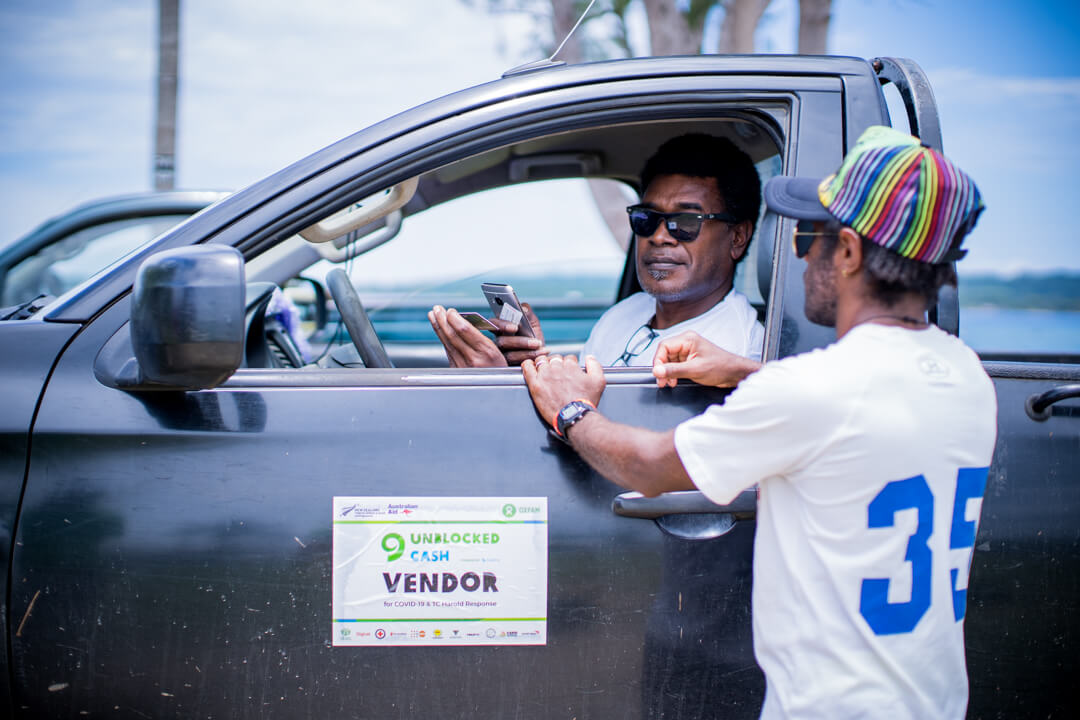
Ray paying for taxi ride with e-card to the taxi driver and the Unblocked Cash vendor Alroy (Photo: Oxfam in Vanuatu, Arlene Bax)
There is some talk about a digital gap that might even become bigger as even more sophisticated tech is utilized in humanitarian and development initiatives. What is your response to this?
Well, very honestly, if we are doing our job properly, we should be making sure this does not happen, period. Participation, access and inclusion are all core parts of the humanitarian approach and if this use of technology gets separated from that, we have failed. This is precisely why we (Oxfam and Sempo) chose to take an approach that integrates community participation in product iteration and that enhances digital access and literacy in that process – to make sure that the solution has a built-in role for the people least likely to be able to access the technology.
This is also where the best product development, design and deployment systems are made. I am a deep believer – having been born and raised in emerging economies, I am totally convinced that the best and most successful innovations are born out of hardship. It is a luxury to have systems that work for you – those who know how it feels when they don’t are the ones constantly thinking of solutions – to be able to earn an income, raise a family, and put food on the table. To hustle. So, the more we can ensure that the communities we work with and in are involved in the process, the better these solutions will be. For me, that is the gateway to mass adoption.
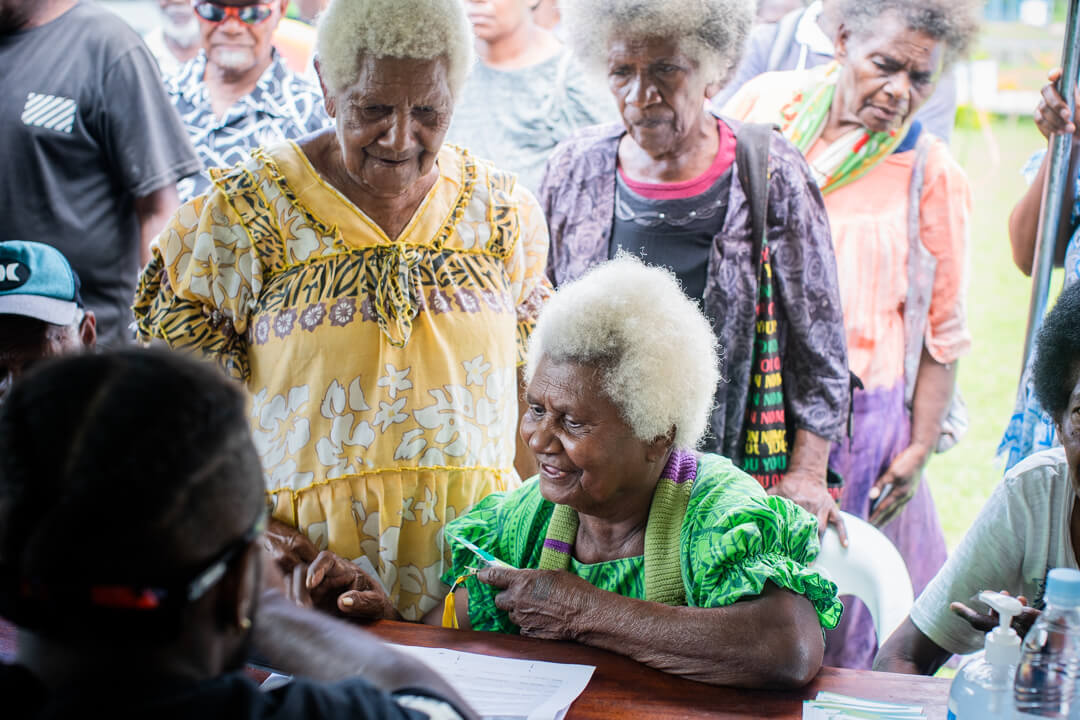
Beneficiaries registration, Santo, Vanuatu, 21.10.2020 (Photo: Oxfam in Vanuatu, Arlene Bax)
A lot of projects are currently emerging with a keen focus on technological innovation. What other areas need to be done right in order to create a lasting impact?
Involve the community you are serving – or, users – throughout the entire process. Design with and for its users. In Vanuatu, which is a testing ground for the project, we have worked with local teams, partners, vendors, and card users on designing the solution, piloting, and iterating it, as well as testing our training materials.
We didn’t do it consciously, but once I was made aware of that, we actually did follow the Human Centered-Design & Design Thinking principles in building and developing this program. And we continue to do so, gathering feedback, iterating different components if possible. Whatever we learn in Vanuatu, we share with our colleagues in other teams, so that every project can build on top of our lessons and ideas.
“In Vanuatu, which is a testing ground for the project, we have worked with local teams, partners, vendors and card users on designing the solution, piloting, and iterating it, as well as testing our training materials. “
Secondly – this approach requires diversity in the design. This goes back to my reply to the last question – the tech sector is terribly NOT diverse. Not a lot of women, not a lot of people of color, not a lot of LGBTIQ+ peoples, not a lot of people from disadvantaged backgrounds or the Global South. Not a lot of people who don’t speak English (even as a second language). That is a major problem because it means that the people who need new solutions and bring a diversity of thought to the table the most are not the ones building them. Diversity in the teams that create these innovations is critical. Very personally – when I don’t see diversity in those teams, I’m immediately skeptical of how good the solution is.
How can we best follow your work?
You can follow our updates from the field and stories from our users, across social media:
Instagram, Twitter, Facebook, and Medium. We also have a telegram group (@unblockedcash) dedicated to any questions, discussions, and feedback. Or, you can find me on LinkedIn or email me: sandrah (at) oxfam.org.au
Thank you for sharing with us!
PositiveBlockchain: Would you like to help research impactful blockchain for social good projects? Explore our open database to see the projects already listed, and if you have any tips to share, feel free to get in touch with our team.
]]>
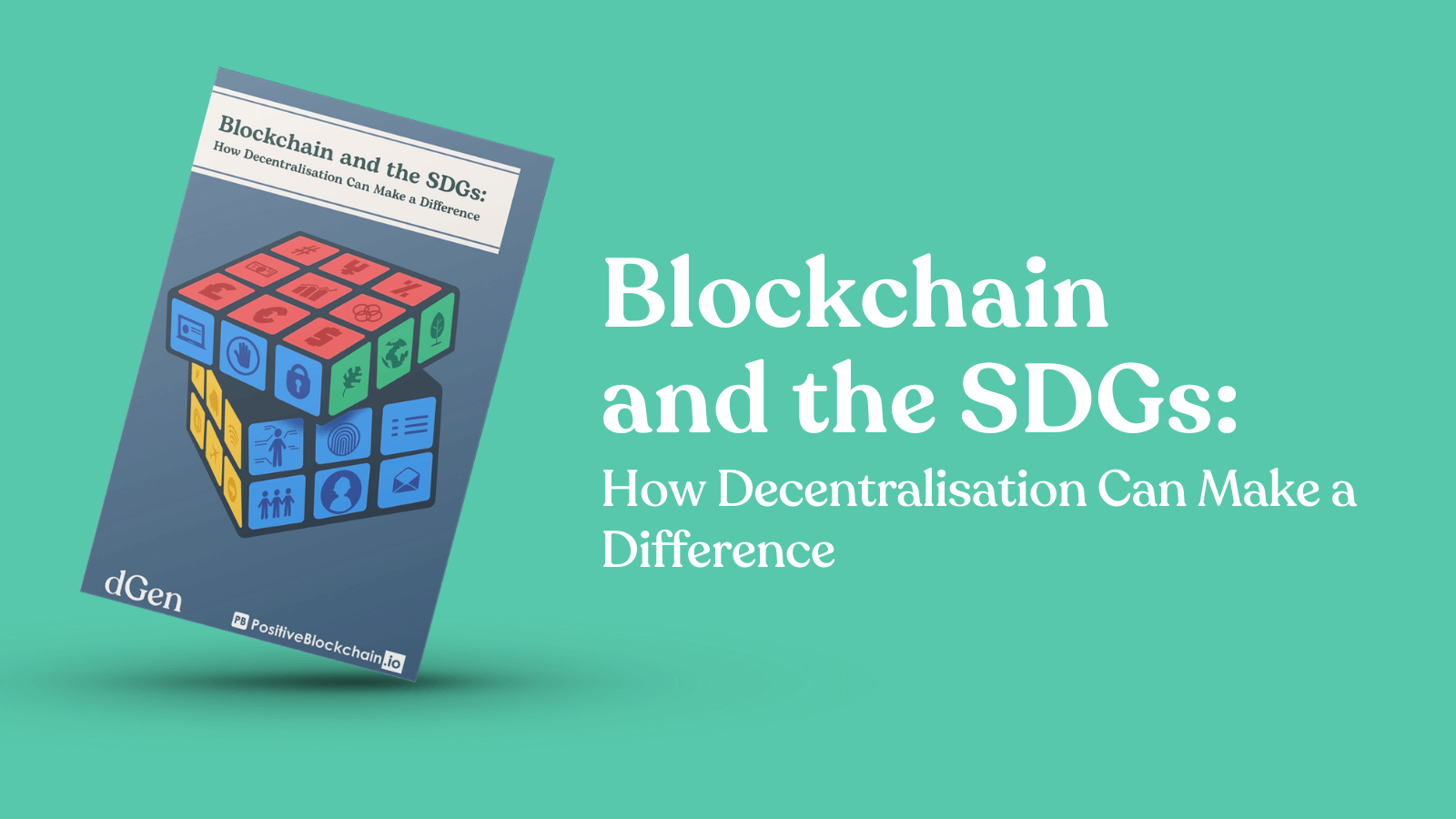 (Read the report
(Read the report 